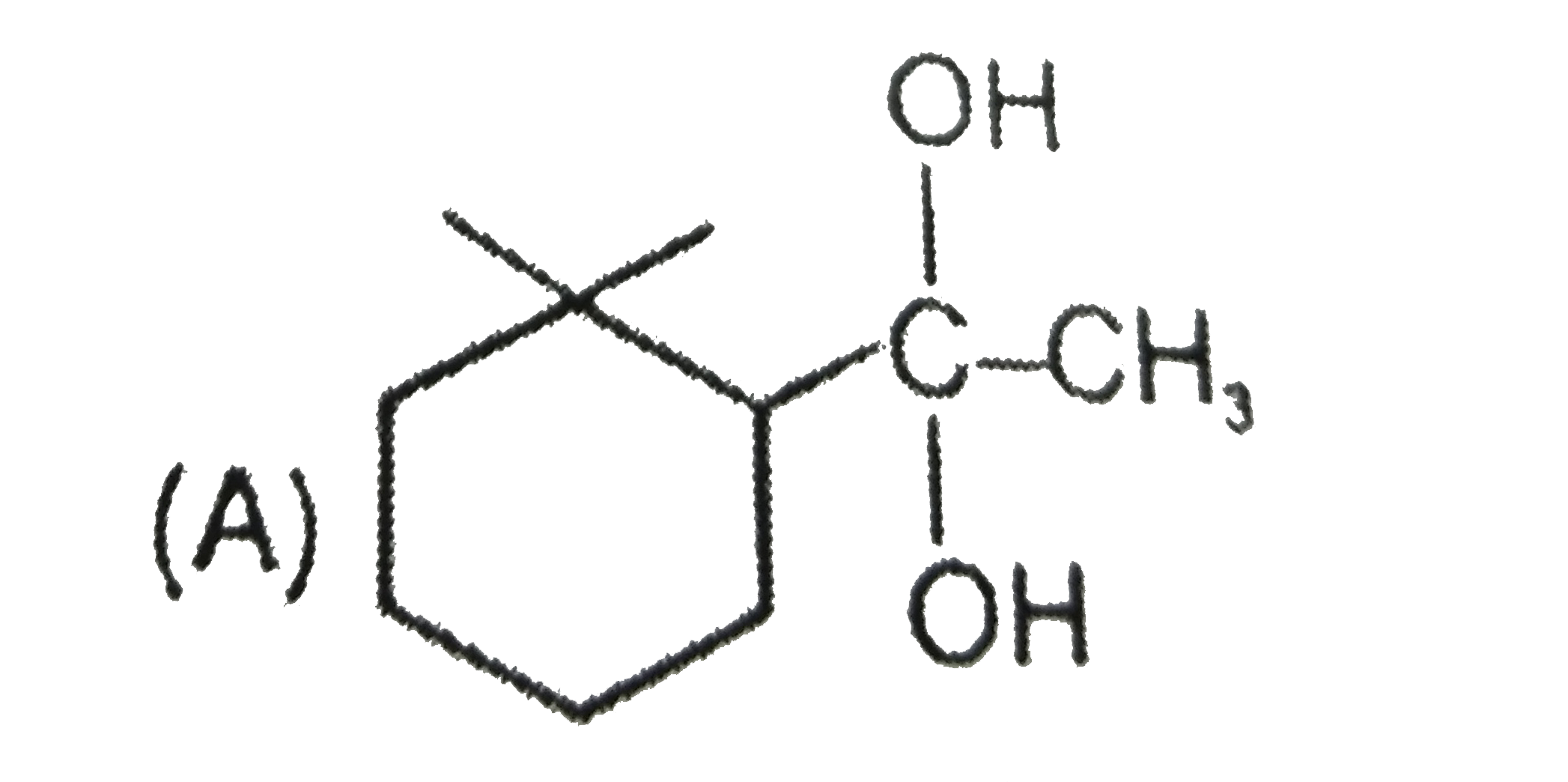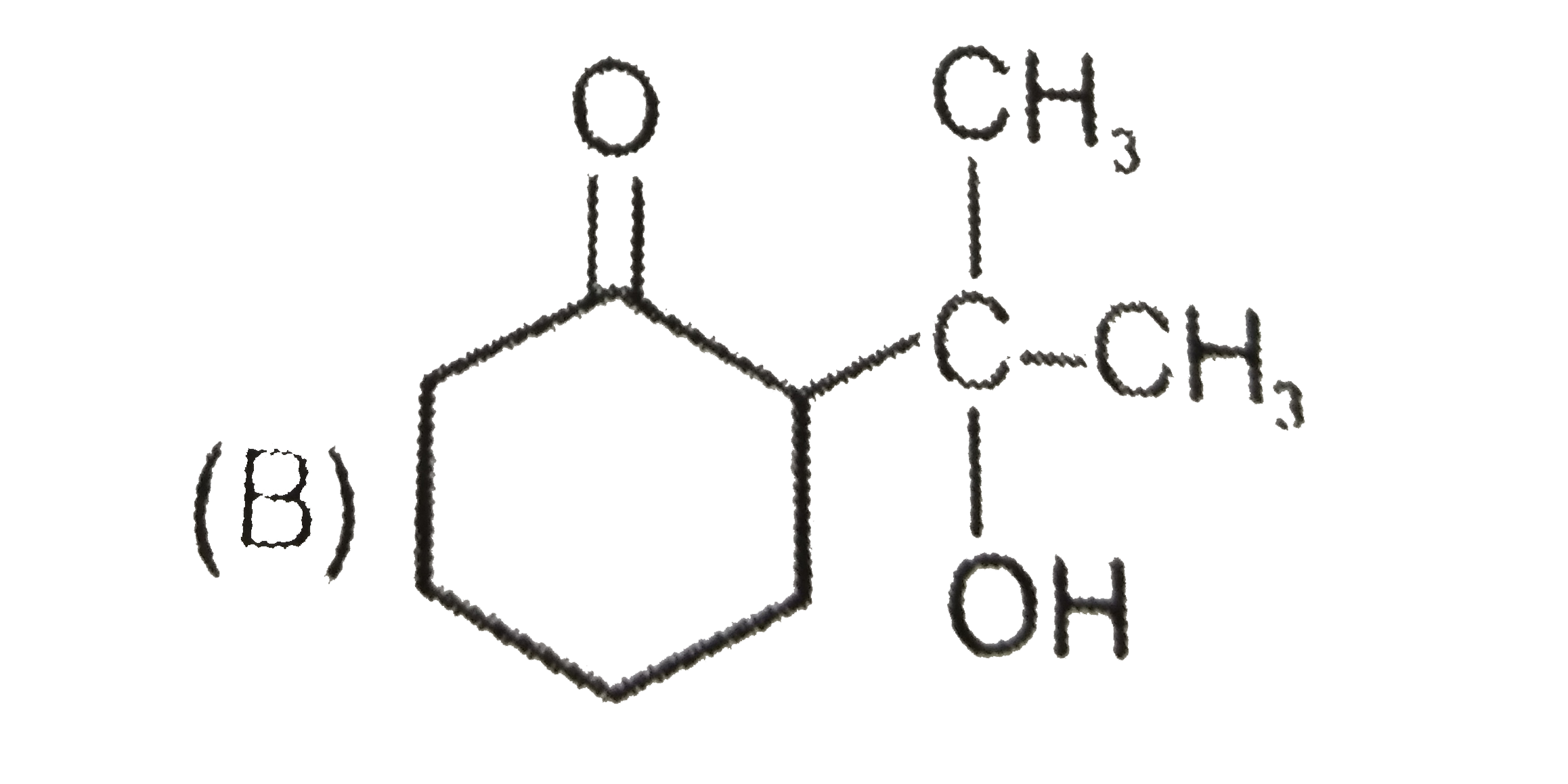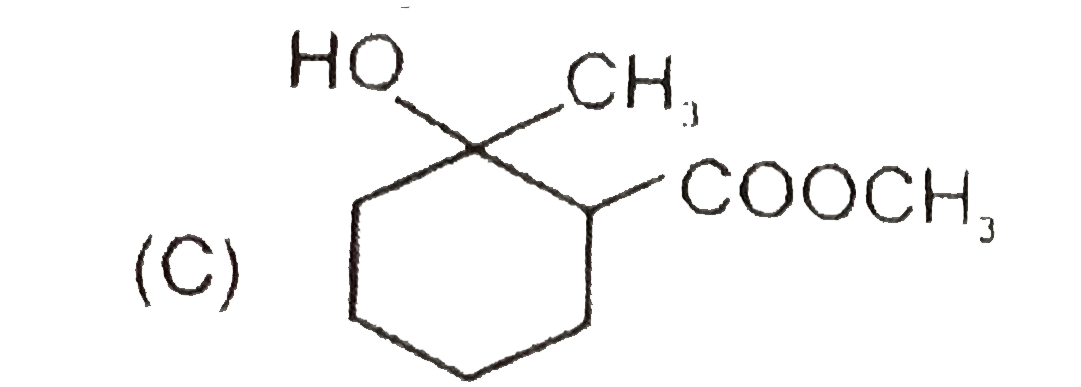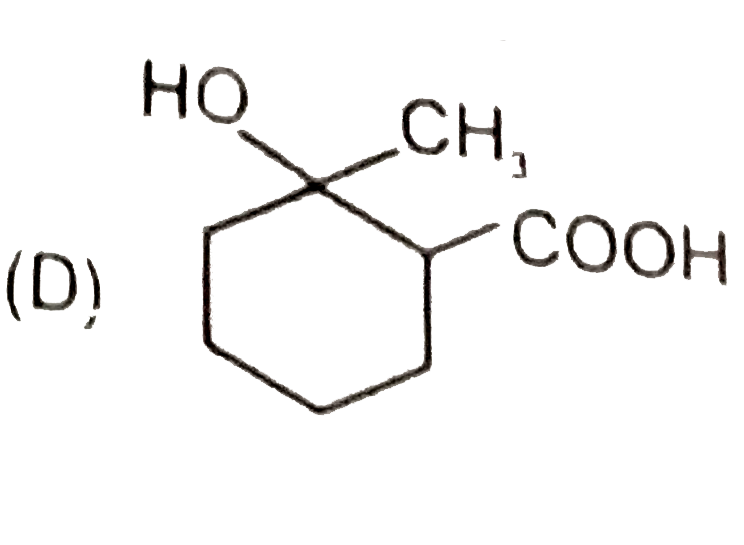A
B
C
D
Text Solution
Verified by Experts
The correct Answer is:
Topper's Solved these Questions
CARBONYL COMPOUNDS (ALDEHYDES & KETONES ) & CARBOXYLIC ACID
RESONANCE|Exercise Part-I|97 VideosCARBONYL COMPOUNDS (ALDEHYDES & KETONES ) & CARBOXYLIC ACID
RESONANCE|Exercise Part-III|8 VideosCARBONYL COMPOUNDS (ALDEHYDES & KETONES ) & CARBOXYLIC ACID
RESONANCE|Exercise Part-II|65 VideosBIOMOLECULES & POLYMER
RESONANCE|Exercise ORGANIC CHEMISTRY(Biomolecules & Polymer)|33 VideosCHEMICAL KINETICS
RESONANCE|Exercise PHYSICAL CHEMITRY (CHEMICAL KNIETICS & RADIOACTIVITY)|49 Videos
Similar Questions
Explore conceptually related problems
 (Y) is
(Y) is 


